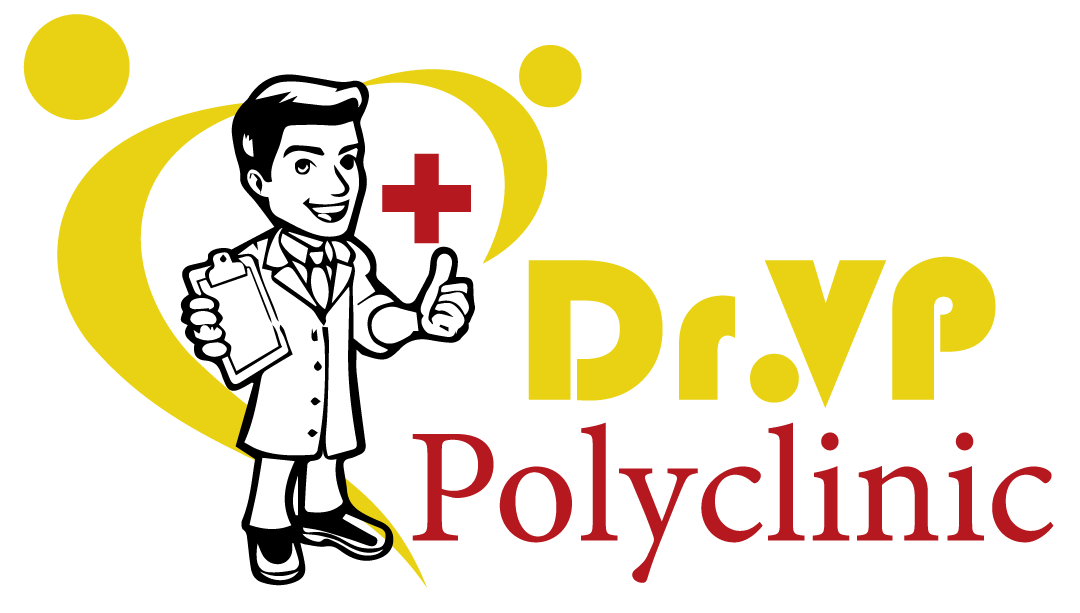
Covid Management
The management of COVID-19 involves a comprehensive approach to mitigate symptoms, prevent the spread of the virus, and provide supportive care. The severity of the illness can vary, and treatment plans may range from home care for mild cases to hospitalization for severe cases.
Home Care:
Isolation: Individuals with mild symptoms or those who test positive for COVID-19 are advised to isolate themselves at home to prevent the spread of the virus to others.
Symptom Management: Over-the-counter medications can be used to alleviate symptoms such as fever, cough, and body aches. Adequate hydration and rest are essential.
Monitoring: Regular monitoring of symptoms, including temperature checks, is crucial. Seek medical attention if symptoms worsen or if there are signs of respiratory distress.
Medical Care:
Antiviral Medications: Certain antiviral medications may be prescribed in more severe cases, especially in the early stages of the illness.
Oxygen Therapy: For individuals with respiratory distress, oxygen therapy may be administered to ensure proper oxygen levels in the blood.
Hospitalization: Severe cases may require hospitalization, particularly if there is difficulty breathing or low oxygen saturation levels. Intensive care and ventilator support may be necessary in critical situations.
Steroids: Corticosteroids like dexamethasone may be prescribed in certain cases to reduce inflammation and improve outcomes, particularly for individuals with severe respiratory symptoms.
Preventive Measures:
Vaccination: COVID-19 vaccination is a key preventive measure to reduce the risk of severe illness, hospitalization, and death.
Hygiene Practices: Regular handwashing, wearing masks, and maintaining physical distance help prevent the spread of the virus.
Quarantine and Testing: Individuals who have been in contact with confirmed cases or show symptoms should quarantine and get tested to prevent further transmission.
Public Health Measures: Adhering to public health guidelines and restrictions, as advised by local authorities, contributes to community-wide efforts to control the spread of the virus.
The management of COVID-19 is continually evolving based on ongoing research and the development of new treatments. It is crucial for individuals to stay informed about public health guidelines and seek medical advice if experiencing symptoms or if there are concerns about exposure to the virus. A collaborative effort, including vaccination and adherence to preventive measures, is essential to controlling the impact of COVID-19 on individuals and communities.

